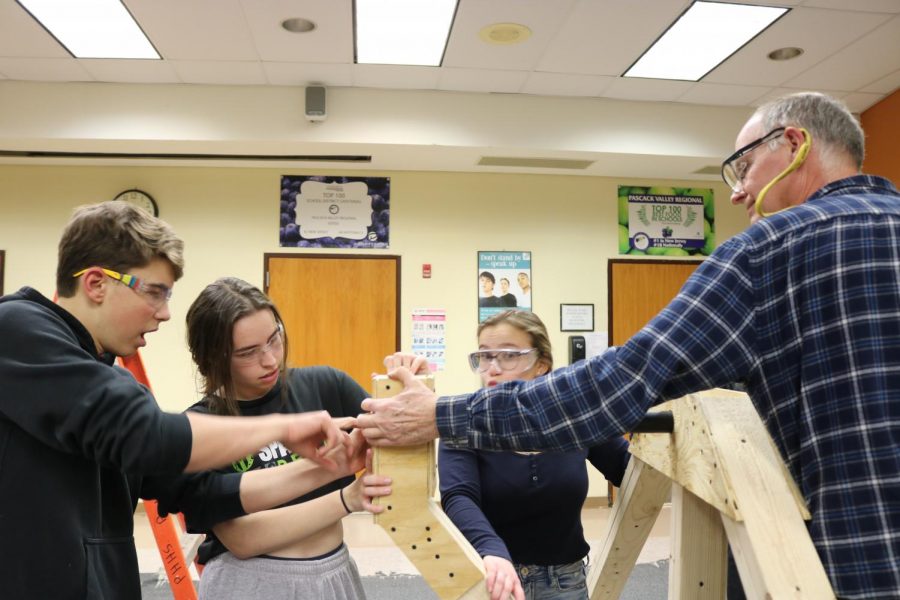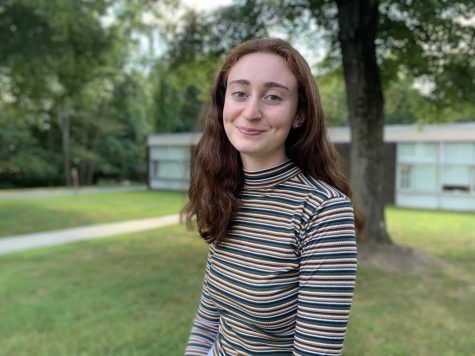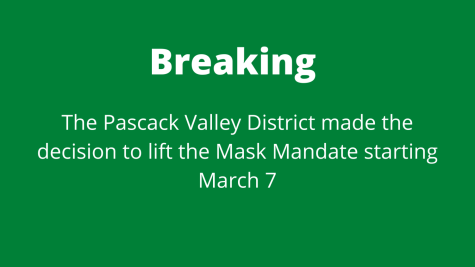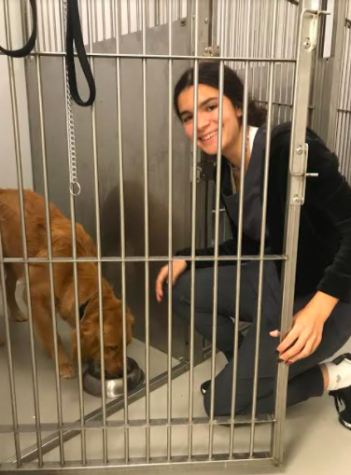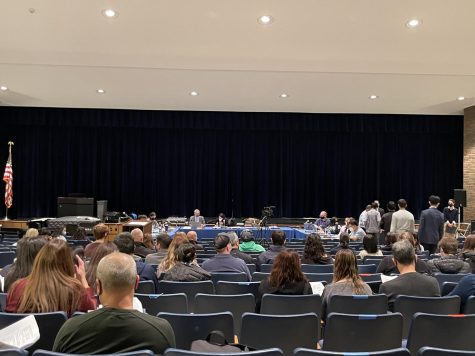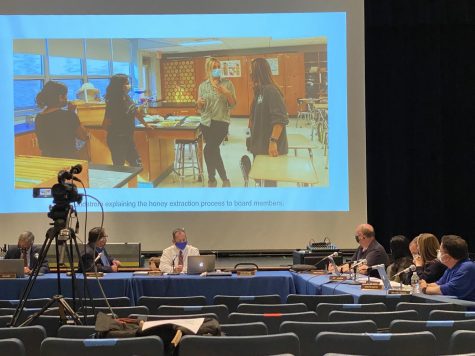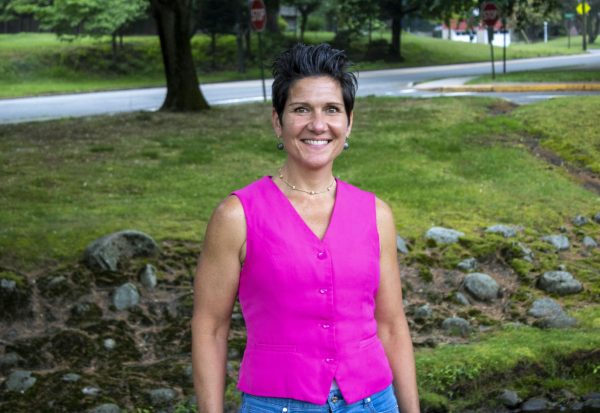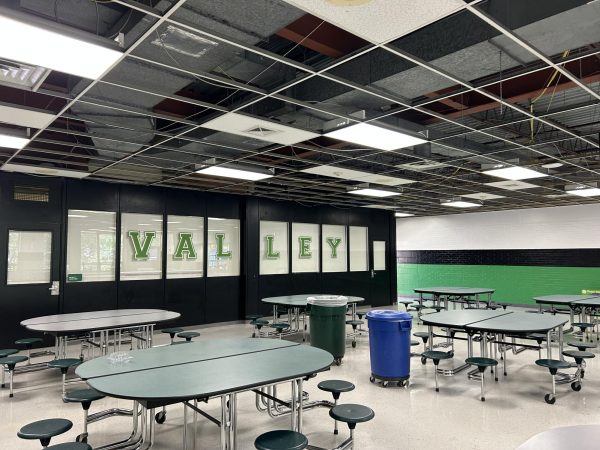Robotics season brought to a halt
Hannah Epstein, Pascack Valley’s CEO of the robotic team, leads the carpentry subdivision. Epstein, who is a senior, could have already finished her last year on the team after its first competition was cancelled and the season may not continue due to the coronavirus.
The Pascack Pi-oneers, the district’s robotics team, were ready to add onto their 13-year streak of competing in world championships.
But after building their robot since January, they were never able to take part in a singular competition as their season remains on hold amid the coronavirus pandemic.
“This is one of the best robots we’ve built in the last couple of years,” said Hannah Epstein, Pascack Valley’s CEO. “There was an odd amount of confidence before competing.”
An hour before the team was supposed to drive down to Mount Olive High School for its first competition, the school’s district cancelled the event due to coronavirus concerns. The Pi-oneers, however, still continued to work since FIRST Mid-Atlantic placed them into another competition for the following weekend.
“[The season] ended up getting cancelled later in the week,” Epstein said. “Every other event we were supposed to go to was cancelled by [FIRST]. There was a lot of false hope.”
Now Epstein, a senior who said she was expecting to have another successful season, could have already competed in her last competition. Throughout high school, she experienced the team’s win at the FIRST Robotics World Championship in St. Louis in 2017 and participated in the world championship in Detroit for the last two years.
“I don’t think I was ever so genuinely excited for a competition season like I was for this one since it was my last one,” Epstein said. “[My teammates] really did become my second family. I see them more than I see my actual family for two months of the year. One of my favorite things was getting to work so closely for so long and getting to know everyone.”
Madeleine Miller, who is a presenter, electrical leader, and in charge of the team’s international efforts, said on a normal building day, there is a full team meeting to discuss their daily goals. The team leaders then meet up with their group and give them specific tasks.
“Typically, we are measuring and using power tools to prototype and build parts, or using computer-aided design tools to flush out the details,” Miller said. “My group works a little differently because we have to wait until a robot is fully designed to add our components.”
The Pi-oneers would have competed in two or three competitions within the FIRST Mid-Atlantic district. Epstein said that if enough points were received through winning first place and runner up or getting safety and presentation awards, the team would advance to the regional competition at Lehigh University. A certain amount of points reached from regional and district events would have sent the team to the championship.
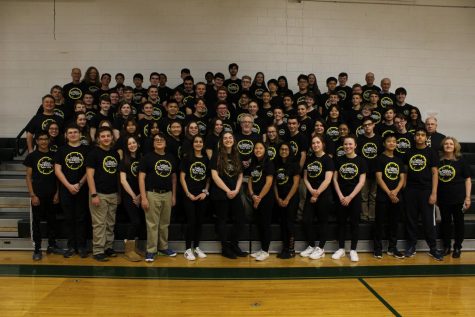
The Pascack Pi-oneers finished their robot, marking the start of their sixteenth season. Due to the coronavirus, the team did not get a chance to participate in a single competition.
“It’s a bit of a disappointing end of the season since we aren’t sure if or when we will compete, but overall, it was a great learning experience and we can’t wait to do it all again next year,” Miller said. “I wish the seniors got the chance to have seen the robot they helped build complete, but I’m glad they got the chance to build one last robot.”
While the season is on pause, Miller said the Pi-oneers have partnered with the district to create “as many as possible” 3D print mask straps at PV and Pascack Hills for the River Vale Ambulance Corps.
Head coaches Jack Teadore and James “Doc” Whitfield are also working with an anesthesiologist, a biomedical engineer, and a mechanical engineer to create intubation boxes that will be distributed to hospitals for emergency medical service employees. They are collaborating with Dimensional Worldwide in Mahwah, an exhibit design company that has already manufactured two prototypes.
“We just want to do or part with the skills we have during the crisis,” Teadore said.
The team is also supporting first responders, nurses, doctors, police officers, and other essential workers in a “White Ribbons for Hope” campaign by tying a white ribbon outside to promote staying apart.
“The goal is to inspire people to stay positive while continuing social distancing,” Miller said.


